Lemon dish soap cleaner: it’s more than just a way to wash your dishes; it’s a secret weapon for a sparkling home, and I’m here to let you in on the magic! For generations, resourceful homemakers have relied on the humble lemon and its cleaning prowess. Think back to your grandmother’s gleaming kitchen – chances are, a lemon-infused solution played a part in its pristine condition.
But why should you, in our modern world of countless cleaning products, bother with a DIY lemon dish soap cleaner? Because it’s effective, eco-friendly, and surprisingly versatile! We’re all looking for ways to reduce our reliance on harsh chemicals and save a little money, right? This DIY trick tackles both. From degreasing stovetops to shining bathroom fixtures, a simple lemon dish soap cleaner can handle a multitude of tasks.
In this article, I’ll guide you through creating your own powerful and refreshing lemon dish soap cleaner. Get ready to ditch those expensive, chemical-laden products and embrace a natural, effective, and delightfully fragrant cleaning solution. Let’s get started and unlock the cleaning potential of this citrusy powerhouse!
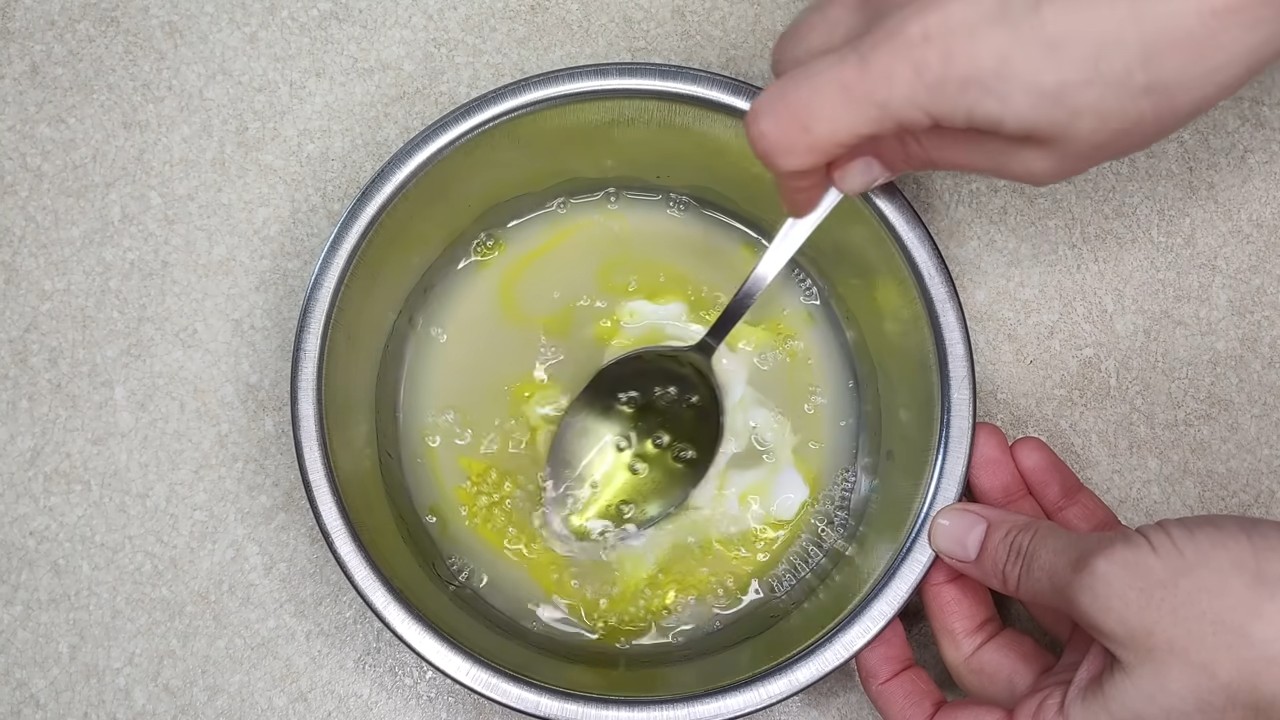
DIY Lemon Dish Soap Cleaner: A Sparkling Home, Naturally!
Hey there, fellow cleaning enthusiasts! Are you tired of harsh chemicals and overpowering scents in your cleaning products? I know I was! That’s why I decided to ditch the store-bought stuff and create my own lemon dish soap cleaner. It’s surprisingly easy, incredibly effective, and leaves your home smelling like a citrus grove. Plus, you’ll know exactly what’s going into your cleaner, which is a huge win in my book.
This recipe is perfect for tackling dirty dishes, greasy stovetops, grimy sinks, and even light bathroom cleaning. Let’s get started!
What You’ll Need: The Essential Ingredients
Before we dive into the mixing magic, let’s gather our supplies. Here’s what you’ll need to create your own lemon-powered cleaning solution:
* Lemons: The star of the show! You’ll need about 6-8 lemons, depending on their size and juiciness. Organic lemons are always a great choice if you can find them.
* Washing Soda (Sodium Carbonate): This is a powerful cleaning agent that helps cut through grease and grime. You can usually find it in the laundry aisle of your local grocery store.
* Borax (Sodium Borate): Another fantastic cleaning booster! Borax helps to disinfect and deodorize. It’s also commonly found in the laundry aisle.
* Liquid Castile Soap: This gentle, plant-based soap is the perfect base for our cleaner. I prefer unscented castile soap so the lemon scent really shines through, but you can use a scented variety if you prefer.
* Water: Distilled water is ideal, but tap water will work just fine.
* Essential Oils (Optional): While the lemon scent is already amazing, you can add a few drops of lemon essential oil or other citrus oils like grapefruit or orange for an extra boost of fragrance and cleaning power.
* Spray Bottle or Dispenser: To store and use your homemade cleaner.
Tools of the Trade: What You’ll Need to Get Started
* Lemon Juicer: Makes juicing the lemons much easier.
* Grater or Zester: For grating the lemon zest.
* Measuring Cups and Spoons: For accurate measurements.
* Large Bowl: For mixing the ingredients.
* Whisk or Spoon: For stirring everything together.
* Funnel: To easily pour the cleaner into your spray bottle or dispenser.
* Gloves: To protect your hands, especially when working with washing soda and borax.
Step-by-Step Guide: Creating Your Lemon Dish Soap Cleaner
Okay, let’s get down to business! Follow these steps carefully to create your own amazing lemon dish soap cleaner.
1. Zest the Lemons: Before you juice the lemons, use a grater or zester to remove the zest from the peels. Be careful not to grate the white pith underneath, as it can be bitter. Set the zest aside – we’ll use it later! The zest contains a lot of the lemon’s fragrant oils, which will add an extra layer of cleaning power and scent to our cleaner.
2. Juice the Lemons: Now, it’s time to juice those lemons! Use a lemon juicer to extract as much juice as possible. Aim for about 1 cup of lemon juice. Strain the juice to remove any seeds or pulp.
3. Combine Dry Ingredients: In your large bowl, combine 1/2 cup of washing soda and 1/4 cup of borax. Mix well to ensure they are evenly distributed. Remember to wear gloves when handling these ingredients, as they can be irritating to the skin.
4. Add Castile Soap: Pour in 1 cup of liquid castile soap to the bowl with the dry ingredients. Gently stir to combine. Be careful not to create too many bubbles at this stage.
5. Slowly Add Lemon Juice: Gradually pour the lemon juice into the bowl, stirring constantly. The mixture might fizz a little, which is perfectly normal. Just keep stirring until everything is well combined.
6. Incorporate Lemon Zest: Now, add the lemon zest to the mixture. Stir it in thoroughly to distribute the zest evenly throughout the cleaner.
7. Add Essential Oils (Optional): If you’re using essential oils, add a few drops (around 10-15 drops) to the mixture. Stir well to incorporate the oils.
8. Dilute with Water: Slowly add 2 cups of water to the mixture, stirring constantly. The cleaner will become more liquid as you add the water.
9. Transfer to Spray Bottle or Dispenser: Use a funnel to carefully pour the lemon dish soap cleaner into your spray bottle or dispenser.
10. Label and Store: Label your bottle clearly with the name of the cleaner and the date you made it. Store it in a cool, dark place.
Using Your Homemade Lemon Dish Soap Cleaner: Tips and Tricks
Now that you’ve created your own lemon dish soap cleaner, it’s time to put it to work! Here are some tips and tricks for using it effectively:
* For Dishes: Use a small amount of the cleaner on a sponge or dishcloth to wash dishes as usual. Rinse thoroughly with water.
* For Stovetops and Countertops: Spray the cleaner onto the surface and let it sit for a few minutes to loosen grease and grime. Wipe clean with a damp cloth.
* For Sinks: Sprinkle a little baking soda into the sink, then spray with the lemon dish soap cleaner. Scrub with a sponge or brush and rinse thoroughly.
* For Bathrooms: Use the cleaner to wipe down surfaces like countertops, sinks, and toilets. Be sure to test a small, inconspicuous area first to ensure it doesn’t damage the surface.
* For General Cleaning: Dilute the cleaner with water in a bucket for mopping floors or cleaning other large surfaces.
Troubleshooting: Common Issues and Solutions
Sometimes, things don’t go exactly as planned. Here are some common issues you might encounter when making your lemon dish soap cleaner and how to fix them:
* Cleaner is Too Thick: If your cleaner is too thick, simply add a little more water until you reach the desired consistency.
* Cleaner is Too Thin: If your cleaner is too thin, you can add a little more washing soda or borax. Be sure to add it gradually and stir well to avoid clumping.
* Cleaner is Cloudy: This is perfectly normal and doesn’t affect the cleaner’s effectiveness. It’s simply due to the natural ingredients.
* Cleaner Separates: If your cleaner separates over time, just shake it well before each use.
Safety First: Important Precautions
While this lemon dish soap cleaner is made with natural ingredients, it’s still important to take some safety precautions:
* Keep Out of Reach of Children and Pets: Although the ingredients are natural, they can still be harmful if ingested.
* Avoid Contact with Eyes: If the cleaner gets into your eyes, rinse immediately with plenty of water.
* Wear Gloves: Washing soda and borax can be irritating to the skin, so it’s best to wear gloves when handling them.
* Test on a Small Area First: Before using the cleaner on a large surface, test it on a small, inconspicuous area to ensure it doesn’t damage the surface.
* Do Not Mix with Bleach: Never mix this cleaner with bleach, as it can create harmful fumes.
Why This Recipe Works: The Science Behind the Sparkle
You might be wondering why this simple recipe is so effective. Here’s a little science to explain the magic:
* Lemons: Lemons are naturally acidic, which helps to cut through grease and grime. They also contain antibacterial and antiseptic properties, making them a great natural disinfectant.
* Washing Soda: Washing soda is a powerful cleaning agent that helps to remove dirt, grease, and stains. It also helps to soften water, which makes it easier for soap to lather and clean.
* Borax: Borax is a natural mineral that helps to disinfect, deodorize, and brighten surfaces. It also helps to boost the cleaning power of the other ingredients.
* Castile Soap: Castile soap is a gentle, plant-based soap that effectively cleans without harsh chemicals.
Variations and Customization: Make It Your Own!
The beauty of DIY is that you can customize recipes to suit your own needs and preferences. Here are some variations and customization ideas for your lemon dish soap cleaner:
* Add Different Essential Oils: Experiment with different essential oils to create your own signature scent. Lavender, tea tree, and eucalyptus are all great options.
* Use Different Citrus Fruits: Instead of lemons, you can use other citrus fruits like oranges, grapefruits, or limes.
* Add Vinegar: For extra cleaning power
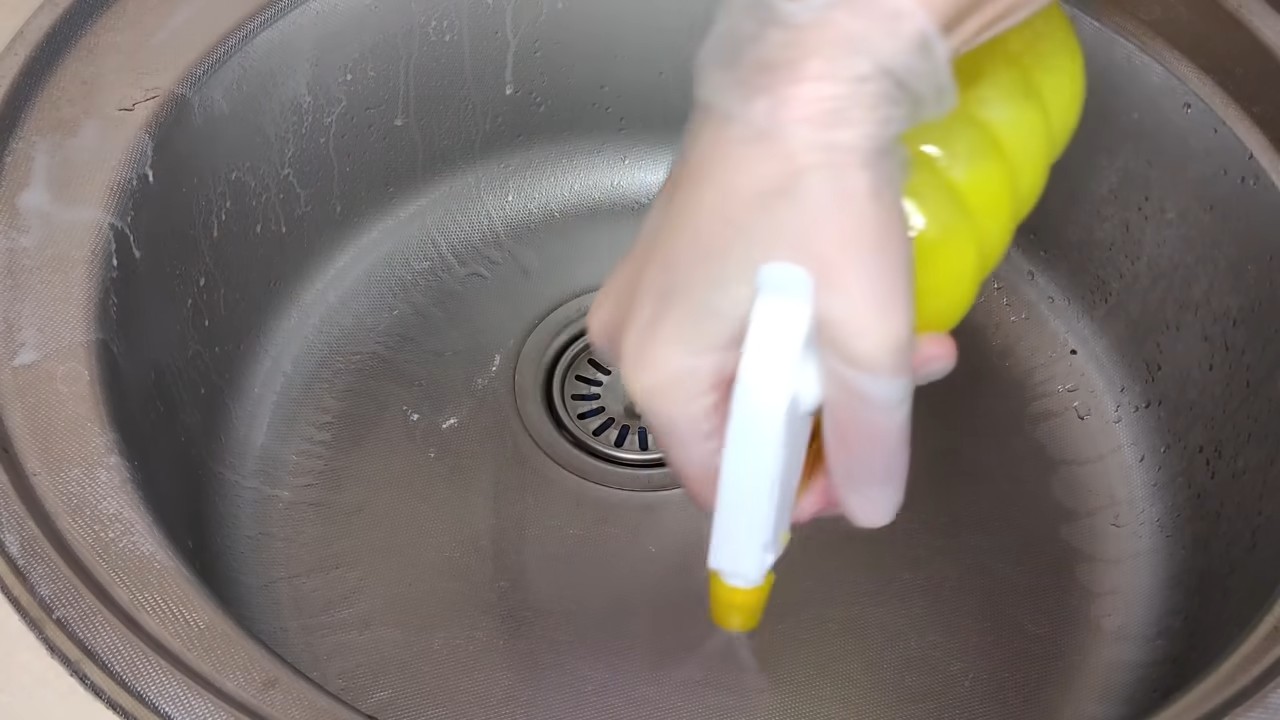
Conclusion
So, there you have it! Transforming ordinary lemons into a powerful, fragrant, and eco-friendly lemon dish soap cleaner is not just a clever DIY project; it’s a game-changer for your kitchen cleaning routine. We’ve walked you through the simple steps, highlighting the cost-effectiveness, the elimination of harsh chemicals, and the delightful, natural lemon scent that will permeate your home.
But why is this DIY trick a must-try? Beyond the obvious benefits of saving money and reducing your exposure to potentially harmful chemicals, this homemade lemon dish soap cleaner offers a level of customization that store-bought options simply can’t match. You control the ingredients, ensuring that only the purest and most effective components are used. You can adjust the concentration of lemon juice to suit your specific cleaning needs, making it stronger for tough grease or milder for delicate dishes.
Furthermore, consider the environmental impact. By creating your own lemon dish soap cleaner, you’re actively reducing plastic waste from disposable bottles and minimizing the carbon footprint associated with manufacturing and transporting commercial cleaning products. You’re making a conscious choice to embrace a more sustainable and eco-conscious lifestyle.
Looking for variations? Absolutely! Experiment with adding a few drops of your favorite essential oils to enhance the fragrance and cleaning power. Lavender, tea tree, or eucalyptus oil can add antibacterial properties and create a truly unique and personalized cleaning experience. You can also infuse the lemon peels in vinegar for a few weeks before using the infused vinegar in your dish soap recipe for an extra boost of cleaning power. Another option is to add a tablespoon of washing soda (sodium carbonate) to the mixture for extra grease-cutting ability, but be sure to wear gloves when handling washing soda.
Don’t be intimidated by the “DIY” label. This recipe is incredibly simple and requires minimal effort. The satisfaction of creating your own effective and environmentally friendly cleaning product is truly rewarding. Imagine the pride you’ll feel knowing that you’re contributing to a healthier home and a healthier planet, all while saving money and enjoying the invigorating scent of fresh lemons.
We wholeheartedly encourage you to give this DIY lemon dish soap cleaner a try. It’s a small change that can make a big difference, both in your home and in the world. Once you experience the cleaning power and the delightful aroma of this homemade solution, you’ll never want to go back to store-bought dish soap again.
But the real magic happens when you share your experience! We’d love to hear about your results, your variations, and any tips or tricks you discover along the way. Share your photos and stories on social media using #LemonDishSoapDIY and tag us so we can celebrate your success. Let’s create a community of eco-conscious cleaners who are passionate about making a positive impact, one lemon at a time. So, grab those lemons, gather your ingredients, and get ready to experience the joy of homemade cleaning! You won’t regret it.
Frequently Asked Questions (FAQ)
What type of lemons are best to use for this DIY dish soap?
Any type of lemon will work for this recipe, but Meyer lemons are often preferred due to their sweeter scent and thinner skin. However, standard lemons like Eureka or Lisbon are perfectly acceptable and readily available. The key is to use fresh, juicy lemons for the best results. Don’t discard the peels after juicing; they are essential for infusing the cleaning solution with lemon oil and fragrance. If you have access to organic lemons, that’s even better, as you’ll avoid any potential pesticide residue.
How long does the lemon dish soap cleaner last?
The shelf life of your homemade lemon dish soap cleaner depends on the ingredients you use and how you store it. Generally, it will last for about 1-2 months when stored in a cool, dark place. Since this recipe doesn’t contain any preservatives, it’s best to make smaller batches to ensure freshness. Keep an eye out for any changes in color, odor, or consistency, which could indicate spoilage. If you notice any of these changes, it’s best to discard the soap and make a fresh batch.
Can I use this lemon dish soap cleaner on all types of dishes?
Yes, this lemon dish soap cleaner is generally safe for use on most types of dishes, including glass, ceramic, stainless steel, and plastic. However, it’s always a good idea to test it on a small, inconspicuous area first, especially if you’re concerned about delicate or antique items. Avoid using it on porous materials like unsealed wood or certain types of stone, as the acidity of the lemon juice could potentially cause damage.
Is this lemon dish soap cleaner safe for septic systems?
Yes, this homemade lemon dish soap cleaner is generally considered safe for septic systems. Unlike many commercial dish soaps that contain harsh chemicals and phosphates, this recipe uses natural ingredients that are biodegradable and less likely to disrupt the balance of your septic system. However, it’s always a good idea to use any cleaning product sparingly, even natural ones, to avoid overloading your septic system.
Can I add other ingredients to enhance the cleaning power?
Absolutely! There are several ingredients you can add to boost the cleaning power of your lemon dish soap cleaner. As mentioned earlier, a tablespoon of washing soda (sodium carbonate) can be added for extra grease-cutting ability. However, be sure to wear gloves when handling washing soda, as it can be irritating to the skin. You can also add a few drops of tea tree oil or eucalyptus oil for their antibacterial properties. Another option is to infuse the lemon peels in vinegar for a few weeks before using the infused vinegar in your dish soap recipe for an extra boost of cleaning power. Experiment with different combinations to find what works best for your needs.
My lemon dish soap cleaner is too watery. How can I thicken it?
If your lemon dish soap cleaner is too watery, you can try adding a small amount of cornstarch or arrowroot powder to thicken it. Mix a teaspoon of cornstarch or arrowroot powder with a tablespoon of cold water to create a slurry. Then, slowly add the slurry to your dish soap cleaner while stirring constantly. Heat the mixture gently over low heat until it thickens to your desired consistency. Be careful not to overheat it, as this could cause the cornstarch or arrowroot powder to clump.
Can I use this lemon dish soap cleaner in my dishwasher?
While this lemon dish soap cleaner is effective for handwashing dishes, it’s not recommended for use in dishwashers. Dishwashers require specially formulated detergents that are designed to work with the machine’s water pressure and temperature. Using homemade dish soap in a dishwasher could result in poor cleaning performance, excessive suds, or even damage to the machine. Stick to using commercially available dishwasher detergents for optimal results.
How do I store the lemon dish soap cleaner?
Store your lemon dish soap cleaner in a clean, airtight container in a cool, dark place. A glass bottle or jar is ideal, as it won’t react with the ingredients. Avoid storing it in direct sunlight or near heat sources, as this could cause the ingredients to degrade. Be sure to label the container clearly so you don’t accidentally mistake it for something else.
Is this lemon dish soap cleaner safe for pets and children?
While this lemon dish soap cleaner is made with natural ingredients, it’s still important to keep it out of reach of pets and children. Although it’s less toxic than many commercial dish soaps, it’s not meant for consumption. If ingested, it could cause stomach upset or irritation. Store it in a secure location where pets and children cannot access it.
What if I don’t have lemons? Can I use lemon juice from a bottle?
While fresh lemons are ideal for this recipe, you can use bottled lemon juice in a pinch. However, keep in mind that bottled lemon juice may not have the same level of fragrance or cleaning power as fresh lemons. If using bottled lemon juice, opt for a high-quality, 100% lemon juice without any added preservatives or sweeteners. You may need to adjust the amount of lemon juice used to achieve the desired consistency and cleaning power. Using lemon essential oil in addition to the bottled juice can help boost the lemon scent.
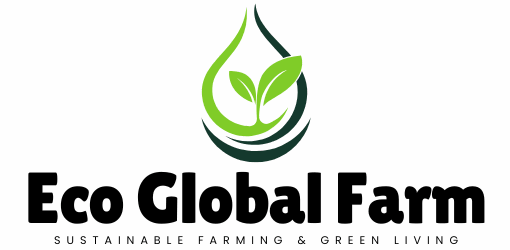
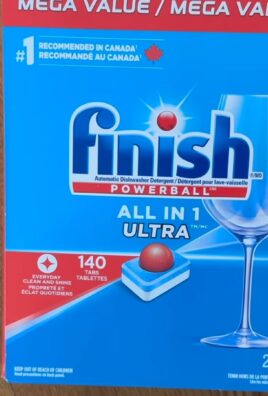
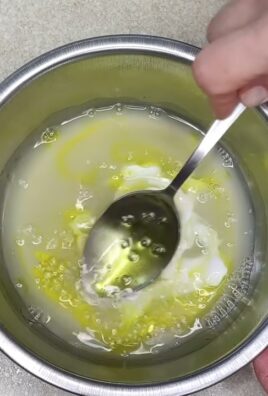

Leave a Comment